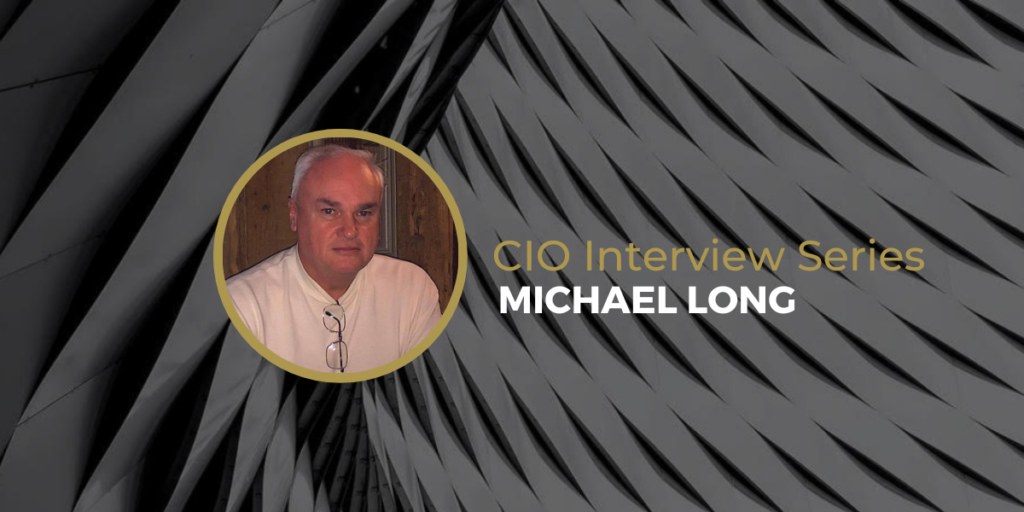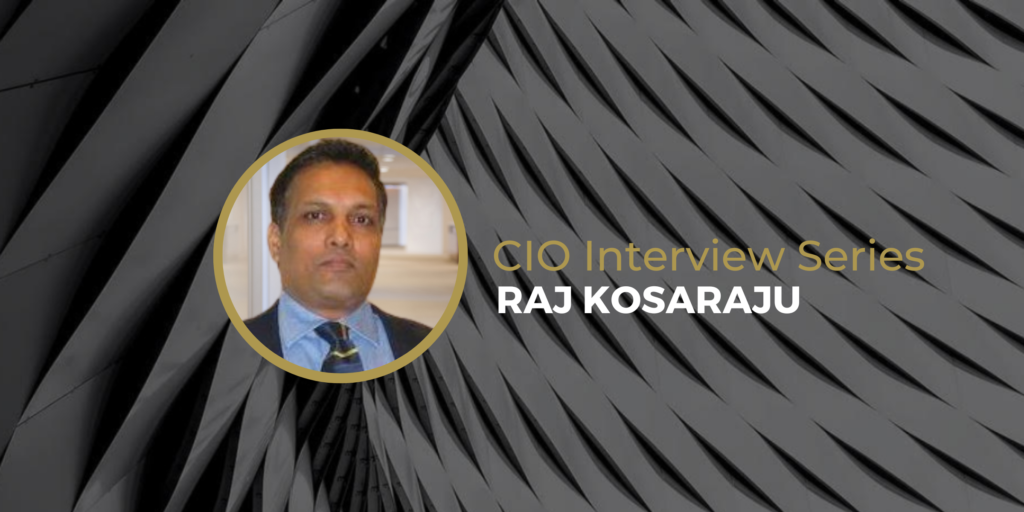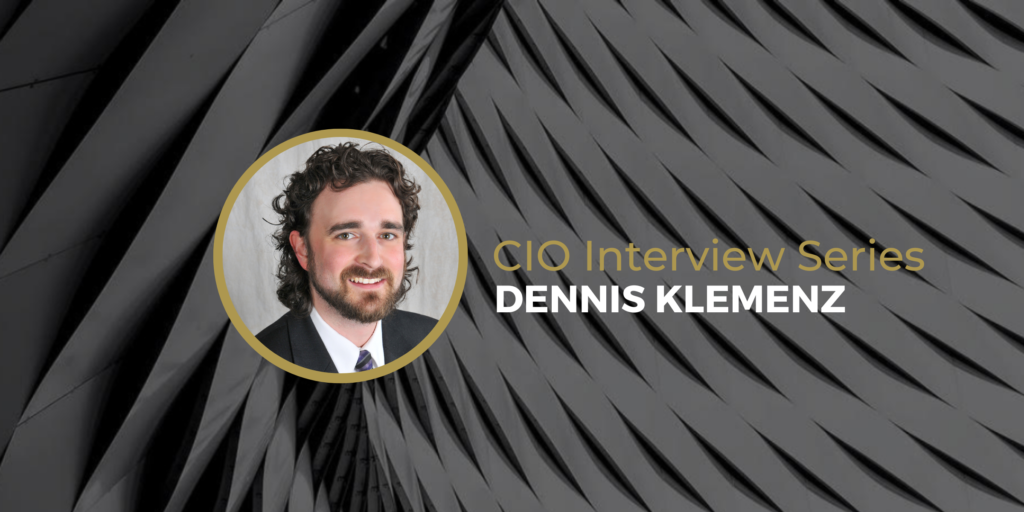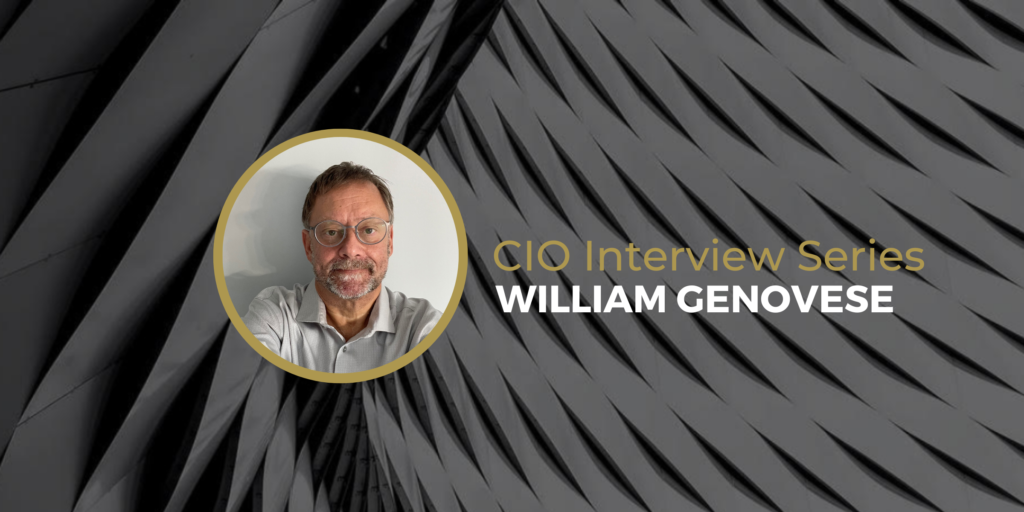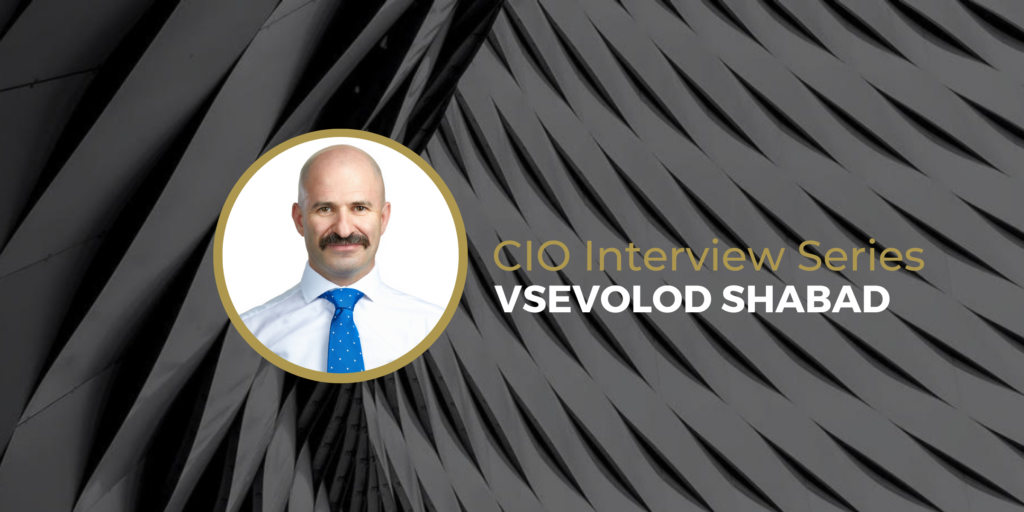Tamila Fathi
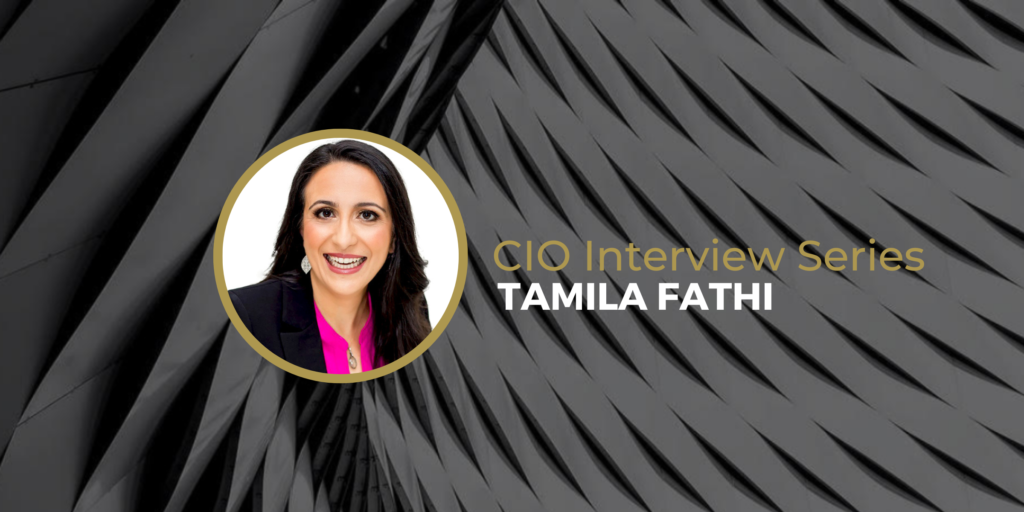
Managing Partner at Iteration Required
Can you please provide a little introduction about yourself
Based out of Dallas, Texas, I have over 20 years of cybersecurity and technology experience. Most recently worked at Finastra as the Global Head of Enterprise Applications and CIO. Tamila Fathi is a Technology, Product and Cybersecurity leader with experience heading the technology and product development operations across major top-tier financial institutions and organizations. Devoted to driving the success of high-impact technology enhancement and digital transformation programs,
What has your journey to your position been like? What path have you taken?
There was a point in time when I believed there was a cookie-cutter path to follow, but when looking back at my journey, I know my path is unique to my experiences and opportunities. Early in my career, I was a Business Analyst and made a choice to learn more about ecommerce. This early choice led me to learn about cybersecurity risks and controls, which continued to evolve for several years (and still are). Making a choice to remain in Dallas and never accept a role out of the area inadvertently created a complicated journey for my career path. The bright side? It enabled me to apply my cyber and technology knowledge across multiple industries. (Telecom, Retail, Travel, FinTech, Financial Services, Cybersecurity) The down side? The “DFW Technology Corridor” didn’t exist until the last 10 years which made any open technology role competitive to land in Dallas. Many of the companies I worked for early in my career were dissolved and created the necessity to continuously search for new roles in the area, sometimes causing me to take a step back just to move forward.
Has it always been your vision to reach the position you’re at? Was your current role part of your vision to become a tech leader?
Becoming a technology leader is something I never set my sights on. My focus has been on learning, growing, teaching, collaborating and innovating with as many intelligent teams as possible. Bringing together cross-collaborative teams enables innovation and out-of-the-box solutions. Iterative collaboration and journeys led me to where I am today.
Have you had a role model or mentor that has helped you on your journey?
Across my career, I have met amazing leaders and mentors that have become part of my “board of directors”. Depending on the issue at hand, I reach out to the ones I know can provide the best insight and/or a listening ear as I talk through the ways to solve it.
How do you see the role of the technology leader evolving over the next 5 years?
Technology is moving fast, and leaders will continue to emerge at all levels. Over the next 5 years, I would like to see technology organizations return to a flat model where more voices can be part of the strategy and vision. When we include the expanded team, there is a higher investment from everyone on the team, and the success is shared across everyone instead of only being tagged as the “leader” of the organization.
What skills do you think leaders of the future will need in order to thrive?
It will become essential to be vulnerable, transparent and willing to learn. Some of the best innovation in technology was the result of several mistakes, failures and risks. If we as leaders don’t choose to be honest abound our own mistakes, then we make it seem like failing is “wrong”. We should create a space to fail fast, fail forward, fail together and learn together.
How do you keep current with new skills, technologies and personal development?
I’m a nerd at heart and keep current with technology through reading various articles, being part of multiple networking groups and asking questions (even when I think I already understand something.) For personal development, I read and spend time reviewing things that have gone well and those that haven’t. Choosing to learn from what went right but also finding ways to learn from what went different than anticipated.
“Trust your intuitions and learn how to discern the difference between someone’s personal opinion of you and constructive criticism.”
If you were mentoring a leader of the future, what advice or guidance would you give to help them on their way?
Trust your intuitions and learn how to discern the difference between someone’s personal opinion of you and constructive criticism. Even when you confirm it was just their opinion, always say thank you and be kind. When you are sure it’s constructive criticism, ask that person to coffee and dig deeper into the feedback because they are invested in your success.
If you could change one thing in the world, what would it be?
Change the way we view and evaluate diversity and inclusion. Instead of using the traditional check boxes for diversity, what if we chose to focus on diverse thought leadership? Instead of making industry knowledge a requirement to every role, choose to hire from other industries and focus on the candidate’s talent, teamwork, innovations and success within their current industry. Through this process, the traditional check boxes will fill in effortlessly and innovation may occur more often.
A big thank you to Tamila Fathi from Iteration Required LLC. for sharing her journey to date.


